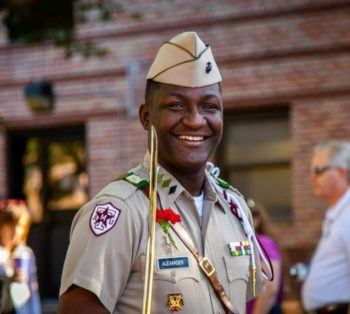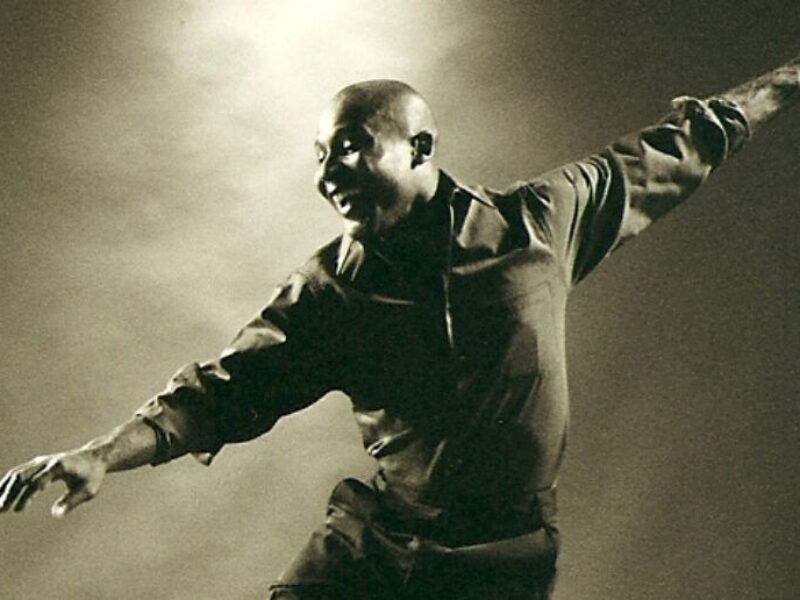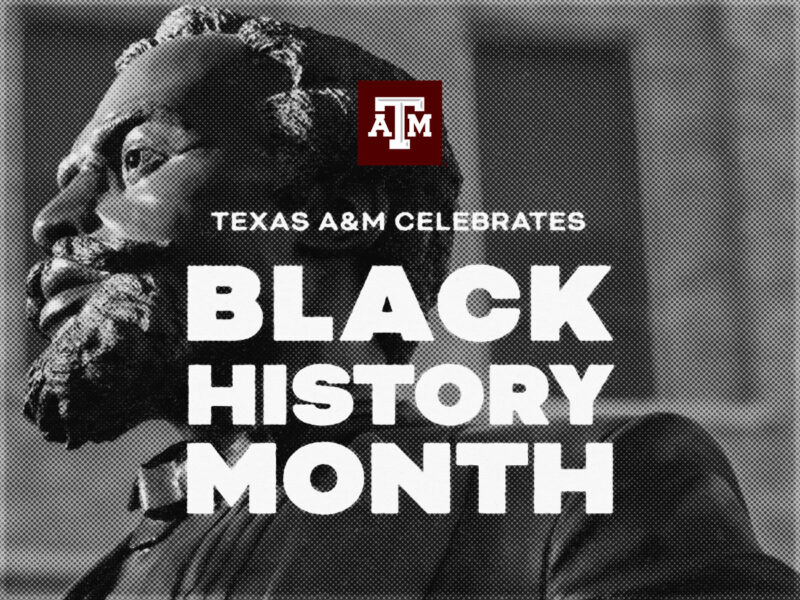Texas A&M’s First Black Corps Commander

Marquis Alexander made Texas A&M University history at 20 years old in 2012 when he became the first Black and second veteran commander of the Corps of Cadets.
Alexander grew up in southeast Houston and later moved to the nearby suburbs of Alief. He said the contrast between his inner-city childhood and suburban adolescence had a huge impact on his passions and interests.
“I was exposed to a lot of different cultures and religions. It gave me a great world-view, which kind of started my love of studying people and cultures. That’s why I was an international studies major,” Alexander said. “Then I moved back to the inner city after seventh grade, and in high school I learned it was a predominantly minority area. That’s where I learned the disparity between people and different environments, and so that sent me on my journey for international studies.”
Alexander had his heart set on Texas A&M since high school when his teacher paid for him and three other students to attend the Junior Cadet Accessions Program (JCAP). This allowed him to spend a weekend experiencing life as an Aggie from both the student and cadet perspectives.
“So after that, I was just like, ‘I’m going to make it. I’m going to A&M. That’s what I want, and hopefully I get in. If not, I’ll reapply next year,’” Alexander said.
Things didn’t go according to plan when Alexander didn’t hear back after initially applying to the university. He instead joined the Marines, but the call to Aggieland still rang in his ears.
“That was what I wanted to do, and that was where I wanted to do it, so I was going to do anything I needed to do to get to it,” Alexander said. “I took a roundabout way, but I made it there.”
Alexander describes his initial experience as an official Corps of Cadets member as out of the ordinary. His service as a Marine made the process of choosing a company more interesting. Delta Company was the obvious choice, as it was made up entirely of former veterans.
To help make his decision, Alexander reached out to his Marine Corps supervisor, who was a former member of the Mascot Company in the Corps of Cadets. He challenged Alexander to stick it out and do his time “in the trenches” of a traditional company. Another talk at a pizza social with Assistant Commandant Jake Betty and Corps Commander Brent Lanier solidified his decision to join Company H-1.
“I didn’t even know if I wanted to be Corps commander,” Alexander said. “That was never my intention. But following that conversation with (Lanier) sent me on a path.”
By Alexander’s junior year, his friends implored him to consider pursuing the position. It was a natural progression after he entered the Corps as a sergeant major.
“I thought I wanted to show that you could do as much as you want to do,” Alexander said. “I was in the Marine Corps and the Corps of Cadets at the same time. And I was an international studies major. But I also wanted to show that no matter where I came from, I did it, and other people can do it too. This isn’t a lost dream.”
During his time pursuing the position, Alexander was surprised to learn that the Corps had not yet had a Black commander. His perspective changed as he considered what this would mean to not just him, but to others.
“It was pressure,” he said. “It just kind of felt like everything I did was underneath a microscope.”
After becoming commander, Alexander felt like his race was the main focus of his achievement, but he learned he could use his platform to reach people from different backgrounds.
“I’m Black. I’ve been Black a long time. I know that.” Alexander said. “So how can I change the narrative? What is positive out of this? And really, the positivity in it was all the letters from the minority kids, who said, ‘I didn’t know that was a dream for me, that I can have that dream. I know that you did it, so I can do it.’
“The next year, we had a huge jump in minority participation in the Corps,” he continued. “Then we had the first female two years later. I was ecstatic. I don’t think people realize that representation is really important because in order to be something, you have to see someone in it that’s like you.”
This article by Kira Schwarz originally appeared on the College of Liberal Arts website.





